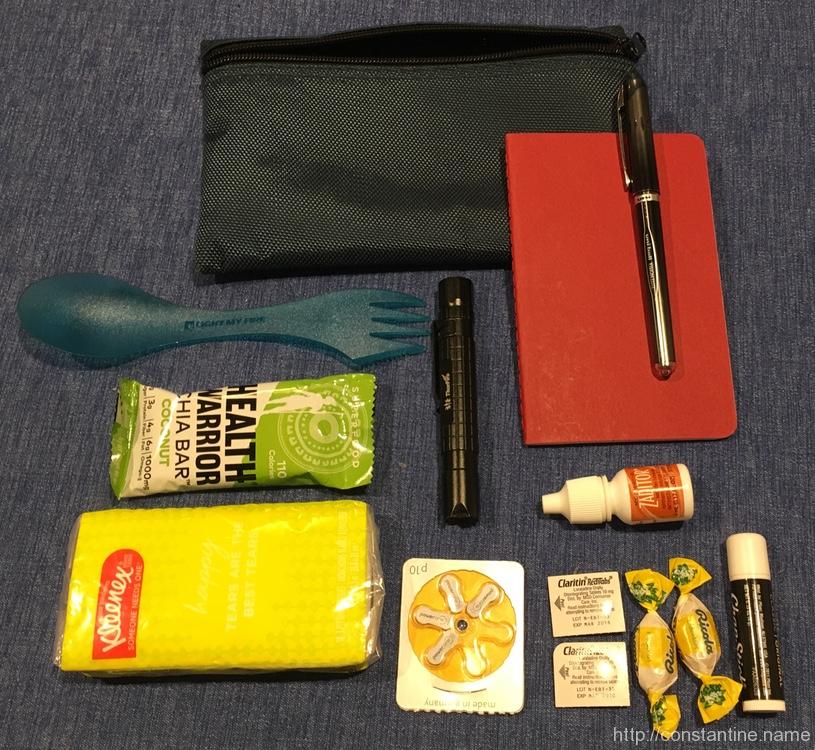I dunno. But I don’t think of myself as working hard at any of the things I am good at, in the sense of “exerting vast willpower to force myself kicking and screaming to do them”. It’s possible I do work hard, and that an outside observer would accuse me of eliding how hard I work, but it’s not a conscious elision and I don’t feel that way from the inside.
~ Scott Alexander from, The Parable of the Talents
True story:
Long ago, I worked with a boy who was dating a girl. Boy goes to girl’s house for a dinner with her parents. Turns out that the girl’s father is a professor at College. The boy mentions he has a co-worker who went to that College, and mentions my name. Girl’s father says, “Oh! Craig was one of my students… He could have done well if he had applied himself.” Turns out father was one of the professors in my major. I had many classes with him, and he went on to be Department Head for a while. So he did, in fact, know me well.
I didn’t do the bare minimum. But to be fair to that professor, I didn’t really work super-hard either.
It was all, more or less, easy.
What would have been hard, would have been being in the Arts college and trying to do art-type-things. Hell, I would NEVER have even gotten accepted into the Arts college at that same university.
What was hard for me? I took a literature survey class once — ONCE. I took a journalism course… that was so hard I think I hallucinated most of it(*). I spent years trying to learn to play the piano, and the guitar– fail. And, I’m out of superlatives, but losing fat is really hard for me. And, controlling my disfunctional relationship with food is really REALLY hard. Also, languages are hard — I’ve been trying to stuff French into my head for 5 years now…
So:
That thing you’re doing that you find easy? …I’m — or someone else, you get the point — thinking, “HOW DO YOU DO THAT?!”
(*) On the other hand, it was the only course my now-wife and I were ever in together, so while I worked very hard, I was probably a little distracted.
ɕ
